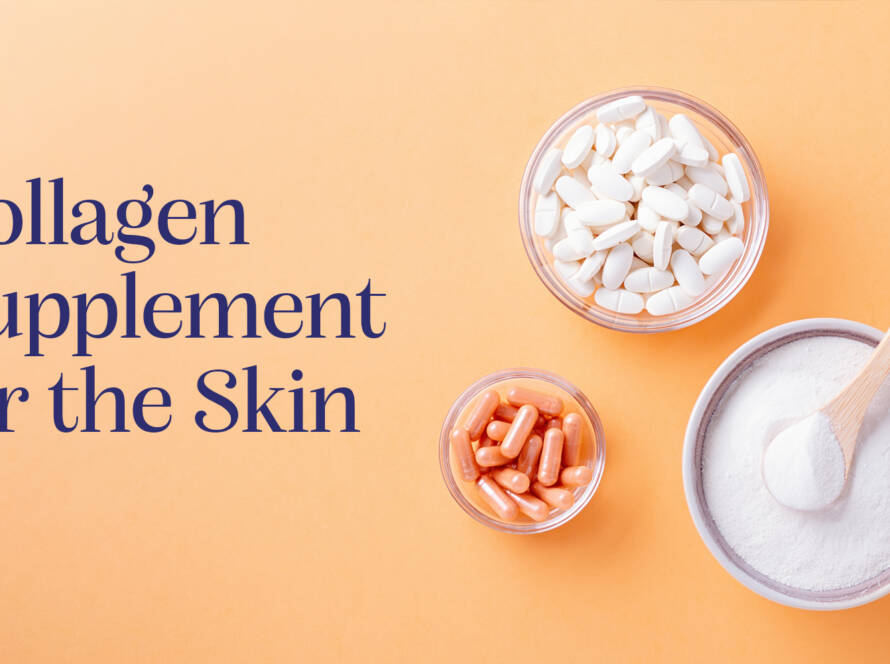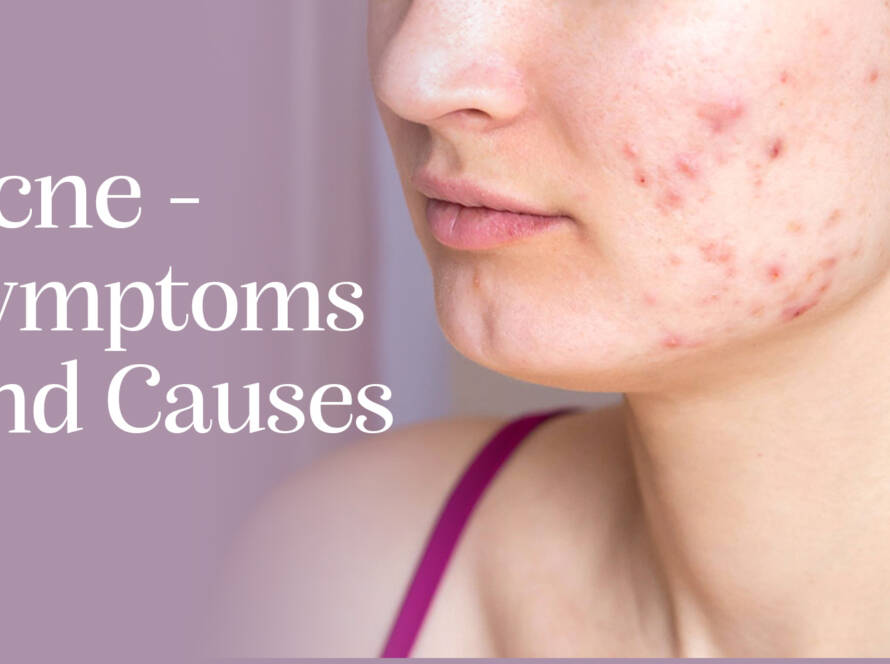Sunscreen helps protect the skin from the sun’s harmful rays.
Why should I use sunscreen?
Sunscreen reduces your overall UV exposure and lowers your risk of skin cancer and sun damage.
Other things to consider
- Your skin cancer risk factors: Your skin type and family history will determine the level of protection needed for you.
- Photosensitivity: No matter your skin type, certain medications and disorders make your skin highly sensitive to the sun, raising your protection requirements.
- Skin conditions: You can choose from sunscreens for dry skin, oily skin, acne-prone skin and sensitive skin.
Who should use sunscreen?
The short answer is everyone! Men, women and children over 6 months of age should use sunscreen every day. This includes people who tan easily and those who don’t — remember, your skin is damaged by sun exposure over your lifetime, whether or not you burn.
What type of sunscreen should you use?
With so many choices, how do you pick a sunscreen that’s right for you? The Skin Cancer Foundation believes that the best sunscreen is the one you are most likely to use, so long as it provides safe and effective protection, and is broad spectrum with an SPF 15 or higher. Learn about your options to make an informed choice that best suits your needs. The happier you are with your sunscreen, the more consistently you’ll use it.
Sunscreen ingredients
Sunscreen includes active ingredients that help prevent the sun’s UV radiation from reaching your skin. Here’s how the two types of sunscreen work for you:
Physical (mineral) sunscreen ingredients (including the minerals titanium dioxide and zinc oxide) block and scatter the rays (like a shield) before they penetrate your skin.
Chemical sunscreen ingredients (like avobenzone and octisalate) absorb UV rays (like a sponge) before they can damage your skin.
All active ingredients in sunscreen are chemically derived. Some people may think of physical sunscreens as more “natural,” or even “organic,” but they’re actually inorganic mineral compounds. The sunscreens many people call “chemical” are actually “UV organic filters.”
What level of SPF do I need? If you’re inside most of the day with just short intervals in the sun, you can use a sunscreen or cosmetic product with an SPF of 15 or higher. If you spend a lot of time outdoors, especially when and where the sun is strongest, you need an SPF 30 or higher, water-resistant sunscreen. More about SPF.
No matter the SPF, reapplication every two hours is key. Sunscreen must also be reapplied immediately after swimming or sweating.
Broad-spectrum protection
In the past, most sunscreens only included information on product labels about protection against UVB — the rays that cause sunburn, and not UVA — the rays that cause tanning and premature aging. Now that UVA dangers are well known, broad-spectrum sunscreen provides clear information on product labels about protection against both UVB and UVA.
Choosing a sunscreen: What to look for
Broad spectrum: Protects your skin from both UVA and UVB rays.
SPF 15: Ideal for every day, occasional exposure, like walking your dog, or driving to work. Look for our Daily Use Seal of Recommendation
SPF 30 or higher: Necessary for extended outdoor activities, including distance running, hiking, swimming and outdoor sports. SPF 30 is a must if you work outdoors. Look for our Active Seal of Recommendation.



